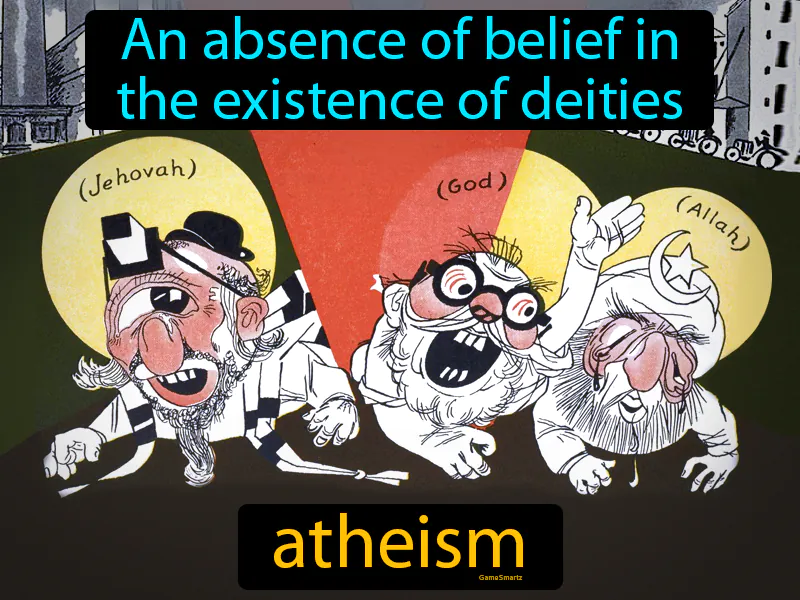Atheism
Atheism:
During the Rise of Totalitarianism from 1919 to 1939, atheism often played a role in the ideologies of regimes like the Soviet Union, which promoted state atheism to consolidate power and reduce the influence of religious institutions. This was important because it responded to the idea that religion could be a source of opposition to the state, thus totalitarian regimes sought to remove its influence to maintain control over the people. The suppression of religious beliefs aimed to ensure that citizens' primary loyalty was to the state rather than a deity. Today, atheism continues to matter as it represents the freedom to choose one's beliefs or lack thereof, which is a fundamental aspect of individual rights and freedom. For instance, in a diverse society, respecting atheism can foster inclusivity and understanding, allowing people like your atheist neighbor to feel accepted and equal without facing discrimination for their beliefs.

Practice Version

Atheism: An absence of belief in the existence of deities. atheism. Atheism is the view throughout history that there are no gods or divine beings.
